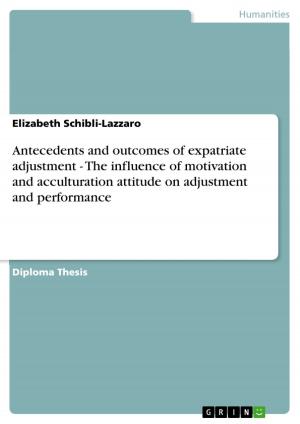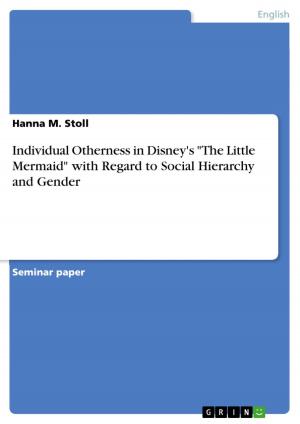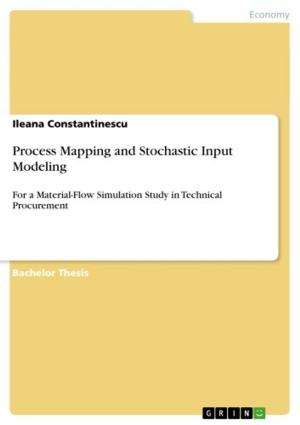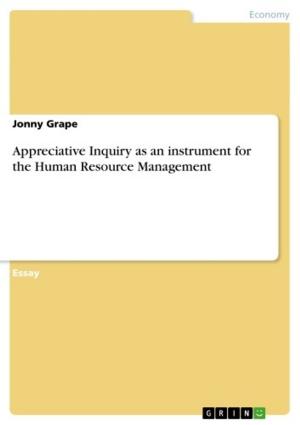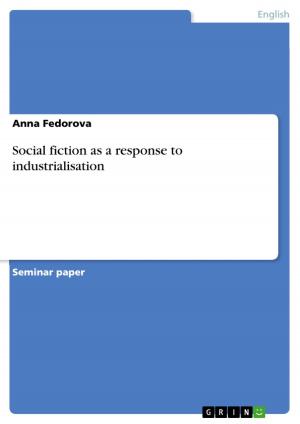| Author: | Eva Poppe | ISBN: | 9783638042673 |
| Publisher: | GRIN Publishing | Publication: | May 5, 2008 |
| Imprint: | GRIN Publishing | Language: | English |
| Author: | Eva Poppe |
| ISBN: | 9783638042673 |
| Publisher: | GRIN Publishing |
| Publication: | May 5, 2008 |
| Imprint: | GRIN Publishing |
| Language: | English |
Scientific Essay from the year 2007 in the subject Business economics - General, 'Al. I. Cuza' University in Iasi, Romania (Doctoral School of Economics ), course: International Conference regarding 'Economic Theory and Practice in Knowledge Society', 6 entries in the bibliography, language: English, abstract: Learning has come to the front position of the educational agenda in many countries of the world - the knowledge society, learning society, learning organization and so forth are the common terms now in the 21st century. The terms come into view in countless publications of the European Union and of many other countries in and outside the European Community. The learning society is one of the products of globalisation and knowledge, learning and education are intertwined with global capitalism. Education is considered as a servant to global capitalism, enabling trans-boundary companies to gather more effectively in the knowledge society. Learning has become to a central task in governmental education policy in many countries and it is being treated as investment - adding value to human and social capital, resulting in employability and then in work, which makes an even greater distribution to the economy, rather than being treated as a natural human process that results in the improvement of people as human beings. Profound changes are taking place as a result of globalisation that is affecting the whole of the educational institution. The objective of this contribution is to present Germany on its way to a knowledge society by examining the past and the present situation of Germany concerning mobility and furthermore mobility programs.
Scientific Essay from the year 2007 in the subject Business economics - General, 'Al. I. Cuza' University in Iasi, Romania (Doctoral School of Economics ), course: International Conference regarding 'Economic Theory and Practice in Knowledge Society', 6 entries in the bibliography, language: English, abstract: Learning has come to the front position of the educational agenda in many countries of the world - the knowledge society, learning society, learning organization and so forth are the common terms now in the 21st century. The terms come into view in countless publications of the European Union and of many other countries in and outside the European Community. The learning society is one of the products of globalisation and knowledge, learning and education are intertwined with global capitalism. Education is considered as a servant to global capitalism, enabling trans-boundary companies to gather more effectively in the knowledge society. Learning has become to a central task in governmental education policy in many countries and it is being treated as investment - adding value to human and social capital, resulting in employability and then in work, which makes an even greater distribution to the economy, rather than being treated as a natural human process that results in the improvement of people as human beings. Profound changes are taking place as a result of globalisation that is affecting the whole of the educational institution. The objective of this contribution is to present Germany on its way to a knowledge society by examining the past and the present situation of Germany concerning mobility and furthermore mobility programs.


